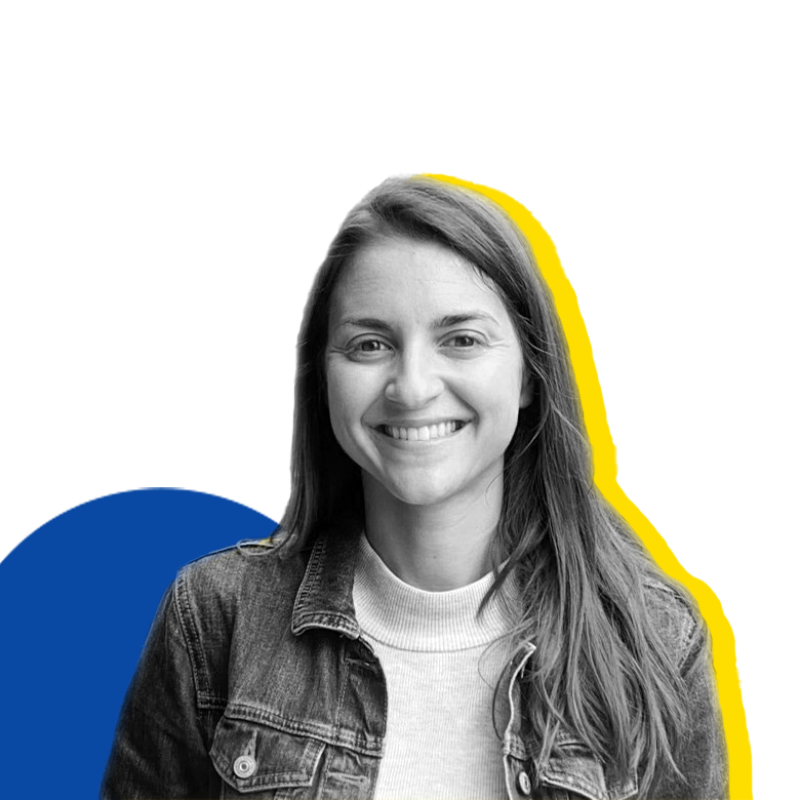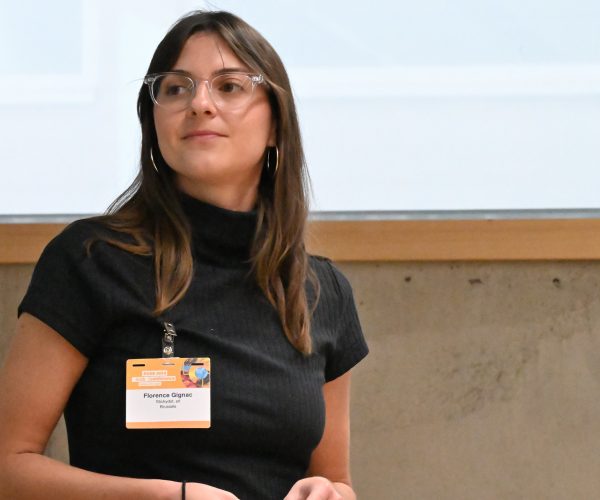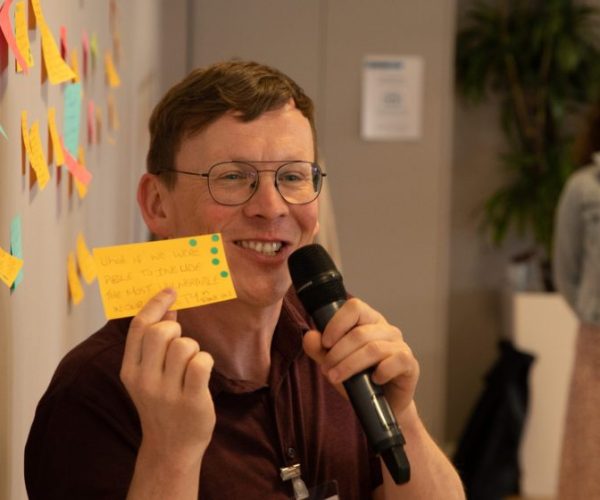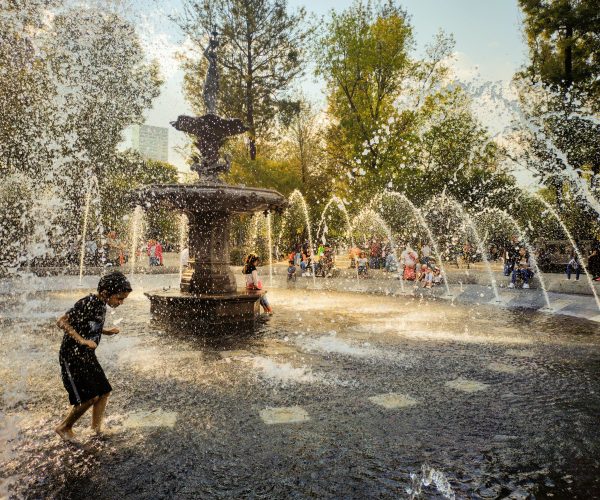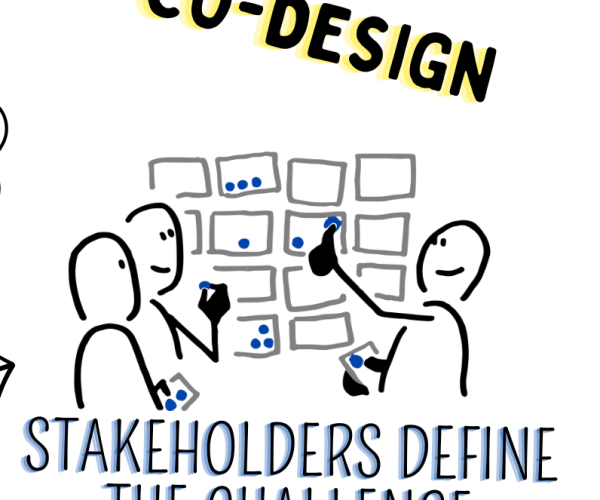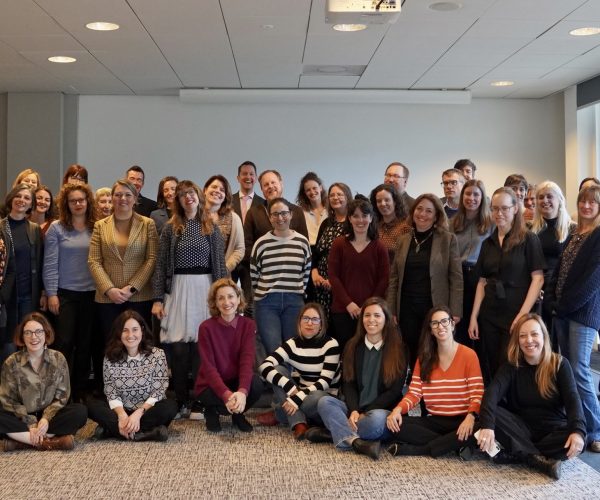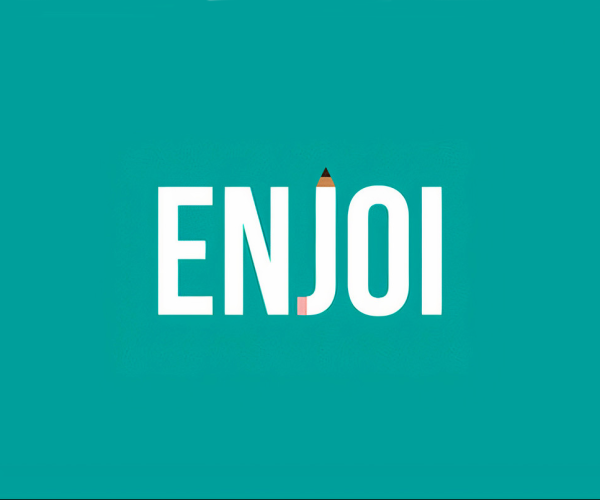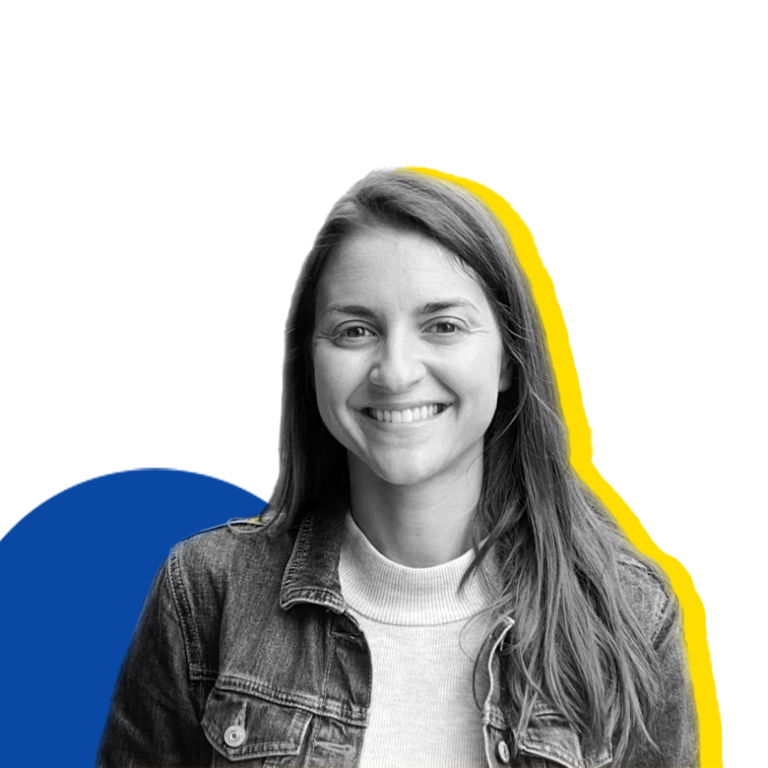Back in May, we had the honour of adding a new “dot” to our team. Florence Gignac joined us as a project assistant. In this context, we asked Tim Dubois, our intern in communications to interview Florence for everyone to get to know her a little better.
Hello Florence! Nice to meet you! So, I am very curious, I heard you say you are from Canada, so what brought you here to Belgium?
[Laugh] Yes, indeed I am from Quebec, in Canada. Well, I have been living in Spain for over four years now where I was doing my PhD in environmental epidemiology and citizen science. During my PhD I was working with different countries like Italy, Slovenia, The Netherlands, so, a large part of my professional network is based in Europe. Thus, I was looking for a job opportunity in European countries.
Congratulations for your PhD! Can you tell me a bit about the focus of your thesis?
Thank you, Tim! Well, very briefly I was interested in studying how short-term exposure to air pollution affects different aspects of our cognitive and mental health, such as the stress level, mood, sleep quality, memory and attention function. I was studying this link between air pollution and the brain using a citizen science approach. Therefore, I was also interested in looking at how citizen science can be beneficial for research in environmental epidemiology.
That sounds super interesting. So what did you find out, how does air pollution affect these things?
We found that cognitive performance, stress and sleep quality in adults worsen on the most polluted days in Barcelona. We also observed that people who live close to green spaces have their cognitive health less affected. Actually, I published a scientific paper about my results if you are interested to know more!
How did you get interested in citizen science?
Well, it’s a bit of a coincidence, because when I started my PhD, I had to do citizen science in my research projects. I had heard of other participatory approaches in research, for example, community-based participatory research or participatory-action research. These are all different participatory approaches, but it was the first time I heard about citizen science. And I really think that once you try citizen science, you won’t look back [Laugh]
Really? So what exactly excites you in citizen science?
From a scientist’s perspective, I believe it’s the creativity behind the research projects. From experience, when you use citizen science, you have to think out-of-the-box. Because, let’s say in my practice, in epidemiology, when you want to study the link between air pollution and brain health, you already have different templates of studies you can conduct to study this link, so you follow a very similar protocol from one study to another. Whereas when you decide to have a citizen science approach, it requires scientists to be a little bit more creative and to think: “how can I meaningfully involve the citizens in the formulation of the research question?” or “how can I involve them in the analysis of the data?”. Since we, scientists, are not used to that, it requires us to think of new ways of engaging the public, which is very challenging, it’s not easy, but I like it because it makes projects very unique.
Why is it challenging? Can you tell me a bit more about what you see as the biggest challenge in citizen science?
There are a lot of challenges in citizen science. I think one challenge that I find important to tackle these days is to involve, or be able to engage, more underrepresented groups. For example, in a project I was conducting, almost more than half of the people were highly educated (i.e. had university degrees) and were coming from high socioeconomic neighbourhoods. It is a pattern in several citizen science projects, and thus there is an urgent effort to be made in order to include groups of diverse profiles.
That is interesting, there seems to be a lot of work to do! Actually, talking about work, what are you working on at the moment at Stickydot?
Right now I’m working on the European Citizen Science (ECS) project. This is a huge project of four years and the goal is to reinforce the Citizen Science community in Europe. My role in this project is more focused on the co-creation processes and also on providing a bit more support to make sure that the citizen science pilots are more inclusive and have more diverse participants.
Fascinating project! And between you and me, how were your first days, first months, at Stickydot? It will remain between us [Laugh]
Sincerely amazing! The reason why I quit academia after my PhD was to really have the chance to develop more practical skills in science engagement. And so for me, it’s very motivating to work here. I do a bit of research, I help facilitate workshops, I do some project management, etc. And what about you Tim, how do you like it so far?
Actually they were really nice! I was anxious at first, as everyone is an expert in his field and I am just an intern with not much experience, but everyone has been so nice and supportive, that this anxiety faded away. I feel like I can learn a lot from everyone, that’s very exciting and I’m so glad to have this opportunity.
Thank you very much Florence for taking the time to do this interview, it was a pleasure having you!
Thank you too Tim, it was my pleasure!
